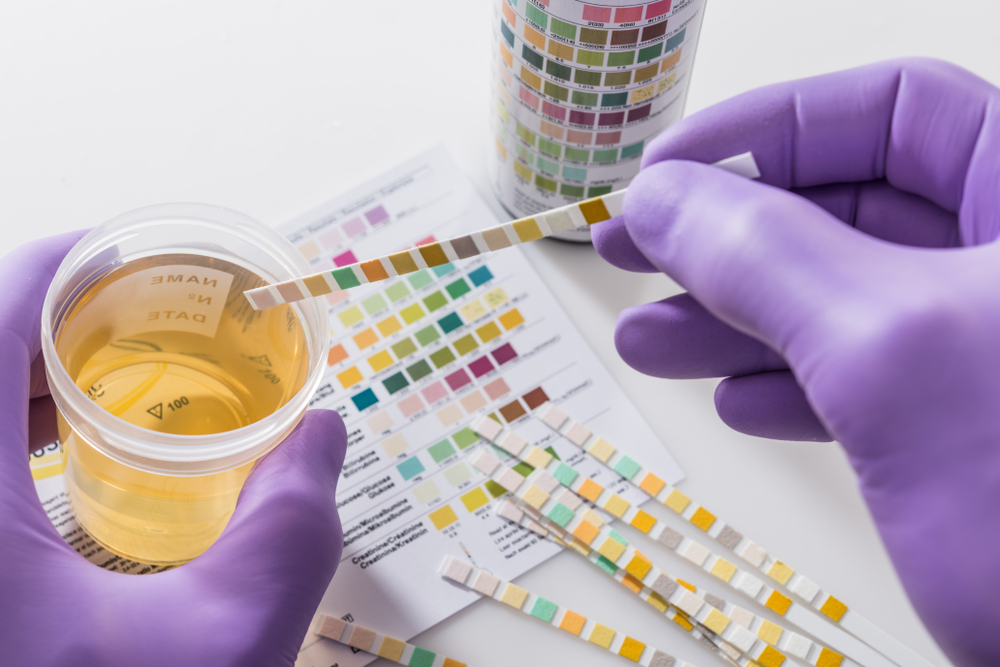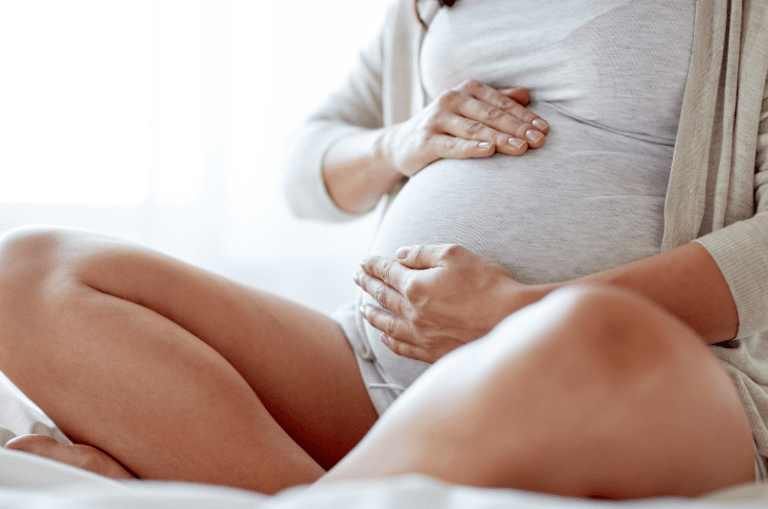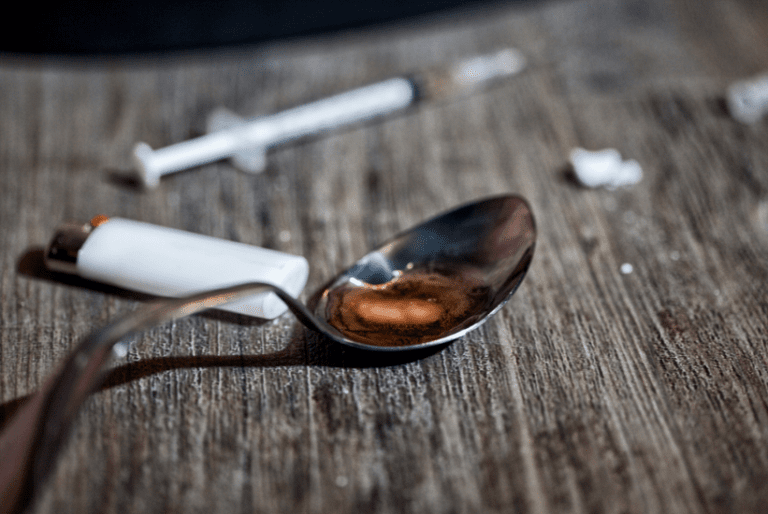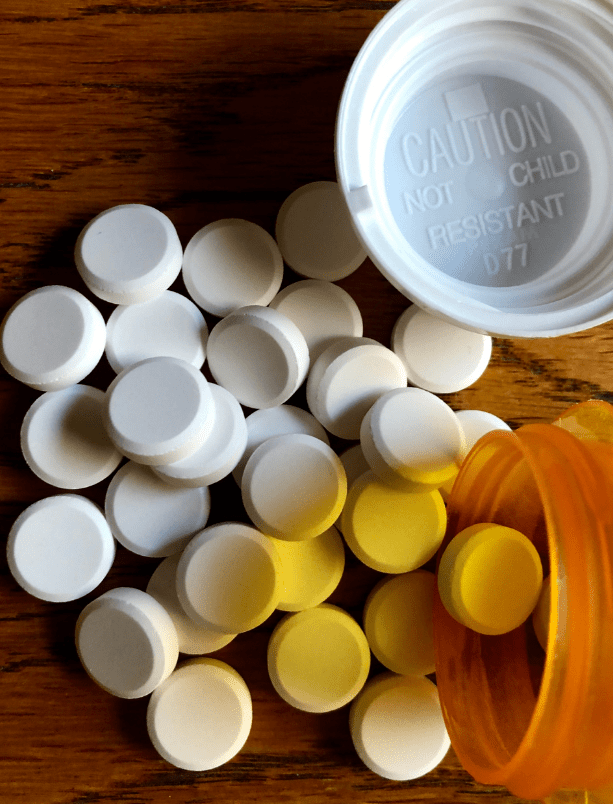What is The Best Defense for a Positive Drug Test?
What is the best defense for a positive drug test? Drug-testing programs and drug screening have expanded considerably in a number of industries and areas. The presence of alcohol, illicit drugs, or certain prescription medications can be detected via these means. The result of a drug test may be either “positive” or “negative”.
In spite of the fact that we often hear about “false positive” test results from professional athletes concerning drug testing, for example, drug tests are often accurate. Whether you’re seeking a job, playing sports, going to college, or taking part in drug rehabilitation, you might be adversely affected by a positive or false positive drug test result. This article will discuss the best way to defend against these results.
What is a Positive Drug Test?
A positive drug test result indicates that one or more drugs were present in quantities suggestive of drug use or abuse. Follow-up testing is required because positive results may be incorrect (false positives). A more accurate result may then be found during follow-up testing.
What is a False Positive?
A “false positive” in drug testing is when a sample is incorrectly reported as positive even if the sample is negative. An incorrect test result that states the test subject has a drug substance in their body is what is described as a “false positive.
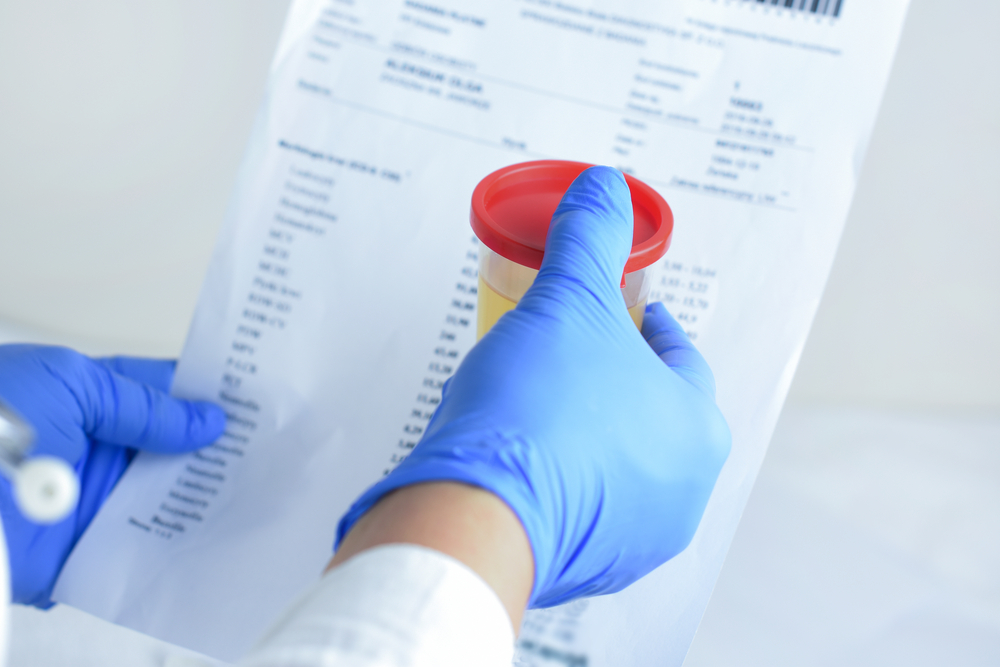
What Can Cause a False Positive?
Certain foods, medicines, or other substances might cause a false positive result on a drug test if taken prior to taking the test. The substances listed below might or might not result in a false positive result depending on how much of the substance was used, how the test was processed, and what the test was looking for.
Secondhand Marijuana Smoke
THC is the chemical in the cannabis plant that gets you high. However, if you frequently hang out with people who smoke marijuana, your urine may have traces of THC. You are unlikely to have enough THC in your urine to trigger a positive result on the screens used by the federal government and many private employers. That is most likely to occur immediately after you are exposed to the smoke. A second test would be required to confirm it.
Poppy Seeds
Eating a poppy seed bagel may cause a positive test for both morphine and codeine for up to a whole day because those small black seeds inherently contain both of those drugs. With labs that still follow the older, lower thresholds for detecting those substances, that is more likely to occur.
Antibiotics
Rifampin, which is used to treat tuberculosis, may show up as opiates on some rapid urine screens. In rare instances, certain antibiotics may trigger inaccurate test results. Furthermore, a false positive result may occur even more than 18 hours after you’ve swallowed a single dose of the antibiotic.
CBD Oil
Unlike marijuana, which is produced from the Cannabis sativa plant, cannabidiol (CBD) is derived from the hemp plant. CBD, a non-psychoactive cannabinoid, is used in medical marijuana to relieve pain and other symptoms. Some states allow CBD oil, edibles, and other products that contain up to 5% THC, the mind-altering chemical found in cannabis. If you’ve taken CBD recently and in large quantities, it’s possible for your urine to test positive for marijuana.
Antihistamines
Benadryl and Advil PM are two of the most commonly used over-the-counter allergy and sleep medications. These drugs contain diphenhydramine, a substance that reduces coughs and runny noses. Diphenhydramine is able to show up on drug tests as methadone, a substance that is used to help addicts quit heroin and other opiates and that has addictive properties. It may also be identified as PCP, an illegal hallucinogen that is one of five substances that applicants for federal and many private-sector jobs are screened for.
What To Do if You Receive a False Positive
There are a number of substances that may trigger a false positive result on a drug test. You should disclose all of the substances that you are taking prior to a drug test in case if you are concerned that you may have a false positive result. If you fail to disclose it beforehand and you are sure that you have not used any illicit substances prior to the drug test, you should dispute it.
Your initial sample may be re-tested using a more sophisticated testing technique to ensure that no substances that might interfere with the results are present. In this case, your sample will be tested once again to verify that the results are accurate.
You may request a different test if you took something that could have produced a false-positive result. You may inform your employer, instructor, or coach about any substances you took that would have produced a false-positive test result. You may convince them you deserve a second chance if you let them know about these substances. You may dispel any doubts about the test results by taking a confirmatory test such as Gas Chromatography-Mass Spectrometry or the High-Performance Liquid Chromatography Test. Many people seek out these more accurate tests to verify the test results. These tests are not the initial tests as they are expensive and require sophisticated equipment.

What is the Best Defense if You Know the Positive Result is Accurate?
If your test comes back positive, your first step is to tell your employer the truth. Do not conceal information from them. Instead, ask for aid. It is often possible for employers to assist employees seeking substance abuse and alcohol addiction treatment. Taking the first step—getting treatment—may protect your job in addition to providing you with assistance. Employees may seek Family and Medical Leave Act protection. This will enable you to obtain treatment at a licensed clinic for as long as twelve weeks.
During this period, your employer may not fire you or cut your benefits. During this period, you will be able to seek treatment immediately. Although the employer is not obligated to continue to pay you, you can still work through detox and initial treatment. Taking this step may assist you in getting back to work right away. Even if you can’t do this, you will be safeguarded by your state’s law.
Can You Be Fired for a Failed Drug Test?
The simple answer is yes, but there are limitations. Some jobs are safety-sensitive, and a person with limited capabilities may endanger others. Federal contractors are subject to extremely specific drug testing, according to federal guidelines. Employees may be terminated in some instances. There are specific drug tests that employees must take if a drug test fails, in accordance with state law in most states.
In other states, drug screening by private employers is illegal. An employer may terminate the employment of an individual who has failed to meet the standards set prior to employment in some states, whereas other states do not allow drug screening. Most employers are required to follow state law, but they expect employees to arrive at work capable of performing the job. If you cannot meet those prerequisites, you may be terminated.

Get Clean with Oasis Recovery Center
Oasis Recovery provides care, support, and extensive treatment to those battling addiction. Treatment is critical for a variety of reasons, including providing information about substance dependency, helping individuals withdraw safely, addressing the root cause of addiction, and helping people build healthier coping, stress management, and relapse prevention skills to remain abstinent. Treatment is available in a variety of settings and ranges of care, depending on your specific recovery needs and concerns. An individual’s addiction may be treated in one of the following programs:
Partial Hospitalization Program (PHP)
All aspects of addiction are addressed during a PHP. Clients remain in a sober living environment and receive full-time medical care and therapeutic support while rehabilitating. These programs are a great choice for those with substance abuse problems as well as those with co-existing mental or behavioral issues.
Intensive Outpatient Program (IOP)
In comparison to PHP, IOPs offer similar treatment and therapy to those who require less intensive rehabilitation. Patients may continue working and caring for their families while attending treatment sessions every day. Because IOP patients are not isolated from the real world, there are more triggers that threaten their sobriety. Individuals with mild addiction issues and a tough, dedicated approach to recovery are therefore best suited for outpatient treatment programs.
Dual Diagnosis Treatment
A dual diagnosis refers to someone who suffers from both a mental health condition and a substance abuse problem. Because it provides the best chance of recovery, people with dual diagnoses must receive treatment simultaneously. The use of cognitive-behavioral therapy, one-on-one counseling, and other approaches are just a few of the strategies we employ to improve the behavioral health of those with dual diagnoses. With the assistance of our therapists, addicts discover the origins of their addictions, confront their prior traumas, and construct new healthy thought patterns.
If you or a loved one requires drug addiction treatment in Asheville or the surrounding area, contact Oasis Recovery Center today. We can provide the help you need, and we are ready to do so.



